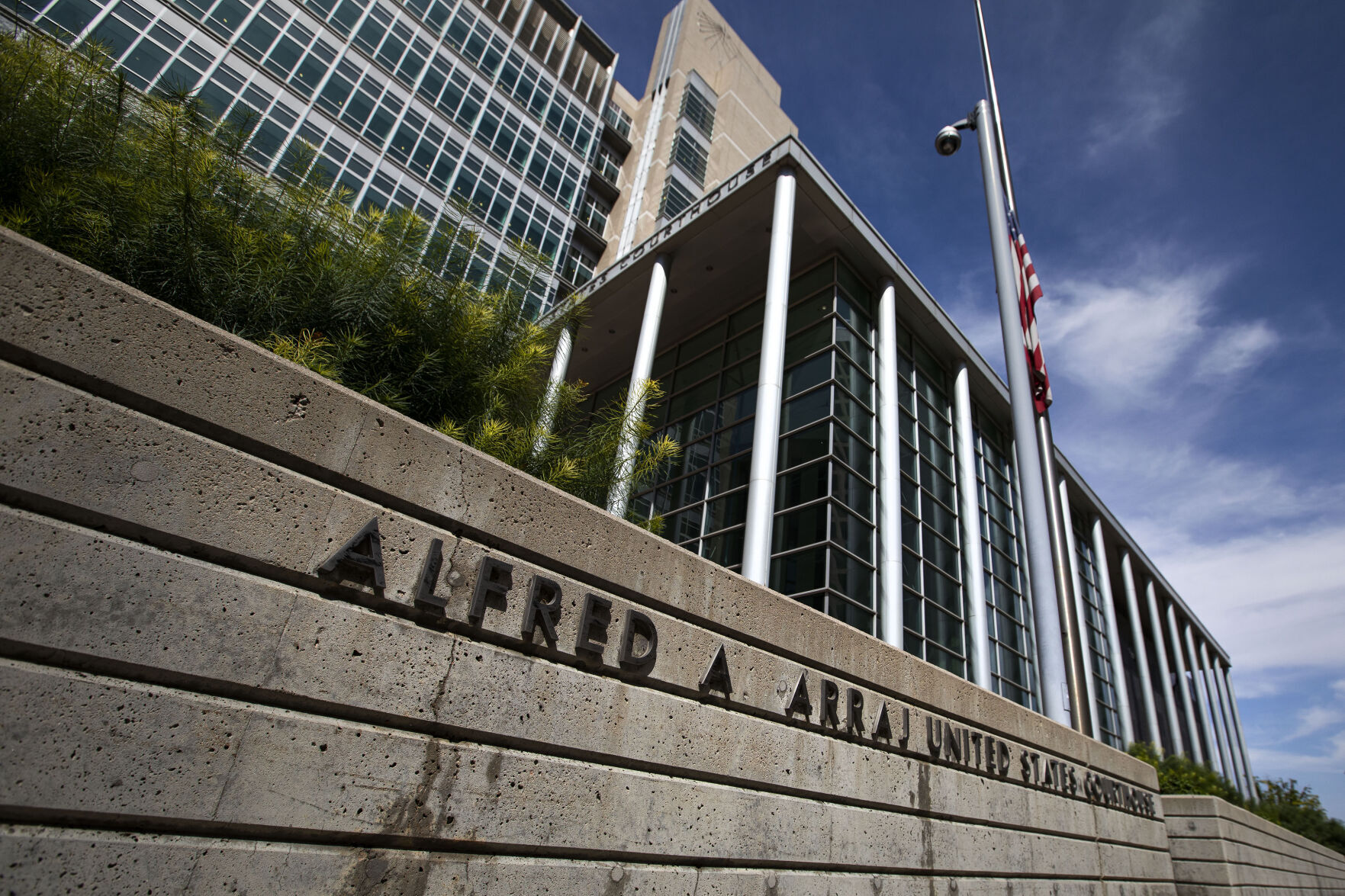Judge tosses retaliation lawsuit against Jeffco sanitation district

A federal judge has thrown out a lawsuit against a Jefferson County special district by its former lawyer, who alleged the elected officials retaliated against her when she tried to warn the public about their malfeasance.
Mary Joanne “Jo” Deziel Timmins was general and litigation counsel for the Green Mountain Water and Sanitation District between February 2019 and August 2021. She sued the three board members who voted to fire her plus a local activist who reportedly defamed her on his blog.
But last month, U.S. District Court Judge Charlotte N. Sweeney found Timmins did not have a viable claim that her government employer retaliated against her when Timmins exercised her First Amendment free speech rights. Specifically, Timmins had not made it past the first threshold: that speech is typically not constitutionally protected if it is part of the employee’s official duties.
“Although statements regarding the District Defendants’ own allegedly improper and illegal conduct may concern an ‘unusual aspect’ of Ms. Timmins’ job,” Sweeney wrote in a Dec. 6 order, “the statements involved the type of activities Ms. Timmins was paid to do as the District’s general counsel – provide the District Defendants with legal advice.”
Timmins, who served during a tumultuous period in the special district, described her actions to repeatedly advise Green Mountain board members against violating the law or compromising the district’s ability to defend itself against major litigation. She ultimately resorted to warning the public in meetings about some board members’ misconduct.
Green Mountain, on the other hand, pointed its finger at Timmins for disclosing confidential and litigation-related information without the consent of her client.
In May 2018, the Green Mountain board voted to enter an intergovernmental agreement with the Big Sky Metropolitan District in Lakewood. The agreement would commit Green Mountain to conveying wastewater from Big Sky’s service area to a treatment facility around Denver. However, that same day, Green Mountain elected new board members, who subsequently voted to rescind the agreement.
Big Sky and multiple developers sued Green Mountain for breach of contract. Green Mountain’s board hired Timmins to be both its lawyer and to handle the litigation. Timmins described the stakes of the lawsuit against the district in her own complaint, alleging the special district would have had to declare bankruptcy if it lost.
Timmins discovered that since 2018, multiple board members had been receiving “pro bono” legal advice from John Kiess Henderson, who was reportedly not a resident within Green Mountain’s boundaries but who speaks out against special districts’ “abuse” on his website, Rooney Valley News. It was Henderson who was responsible for drafting the board resolution to get out of the Big Sky agreement.
Timmins became concerned after learning Henderson was working as a public defender, meaning he was not allowed to practice law outside his job. She also worried his communications to board members, as a result, were not protected by attorney-client privilege.
She relayed the information to board members, and also told them their communications with each other and Henderson violated Colorado’s open meetings law. Finally, she warned board members to preserve their emails.
However, according to Timmins, certain board members failed to comply. She reportedly discovered board members Alex Plotkin, Jeffrey Baker and Karen Morgan were still discussing legal issues with Henderson while Timmins was trying to defend against multiple lawsuits. Timmins also brought on lawyer Scott Gessler, a Republican former secretary of state, to assist her, but he allegedly committed the same violations with the board members.
To her, the conduct was “corruption.”
“Timmins decided to make statements outside her chain of command at the District,” her lawyers wrote, “and direct her comments to the public at upcoming public meetings alerting the public to the wrongful and illegal conduct of Plotkin, Morgan and Baker and the dangers and risks posed to the citizens and taxpayers of the District of such corrupt behavior, including the possibility of losing litigation that would cost the District $140 million and possible bankruptcy.”
Starting in January 2021, Timmins reportedly spoke up at meetings to disclose board members’ alleged violations of the open meetings law and the alleged destruction of records by Plotkin and Baker, which was evidence in the Big Sky litigation.
In May 2021, a Jefferson County trial judge dismissed the Big Sky lawsuit against Green Mountain, finding the intergovernmental agreement to be invalid. Despite winning the case and dodging a $140 million liability, Plotkin, Morgan and Baker voted to fire Timmins the following month.
All the while, Henderson was lobbing criticisms of Timmins from his website. He wrote that she “isn’t ready for trial,” suggested she paid for professional awards she had won, and claimed Gessler handled “more of the case” than her.
Timmins sued Henderson for defamation, and accused the board members of retaliating against her by firing her for exercising her free speech right to talk publicly about malfeasance.
The defendants moved to dismiss, arguing Timmins’ speech was not constitutionally protected because she spoke pursuant to her duties as a government employee, not as a citizen.
“As counsel for the District, Plaintiff made a rogue decision to unilaterally disclose confidences and privileged information to the public because she alone deemed doing so to be in the District’s best interest,” wrote attorneys for Henderson. “But the conduct about which Plaintiff advised ‘the public’ at board meetings all fell within the scope of issues about which Plaintiff was paid to advise and represent the District.”
Although Timmins countered she was not hired to police the board members, Sweeney, the district judge, disagreed. Timmins’ job was to discuss legal issues and strategies, and her public statements about board members’ alleged violations derived from that work.
“To be sure, the Court agrees with Ms. Timmins to the extent that she argues a public employee’s speech – even if related to the employee’s job duties – may in certain factual contexts enjoy First Amendment protection,” Sweeney clarified. Still, it was clear to her that Timmins’ comments about board members fit within Timmins’ official duties.
However, Sweeney permitted Timmins to file an amended version of her lawsuit. The judge suggested Timmins might be able to allege viable claims after all, specifically if she could show that her statements to a newspaper reporter – made around the same time she spoke critically at board meetings – were outside of her official duties.
Timmins filed an amended complaint on Dec. 16 and all defendants moved again to dismiss it last week.
Months after the board’s majority fired Timmins, the three members who ousted her faced a recall election. Voters overwhelmingly chose to keep them in office, and two of them are still there.
The case is Timmins v. Henderson et al.













